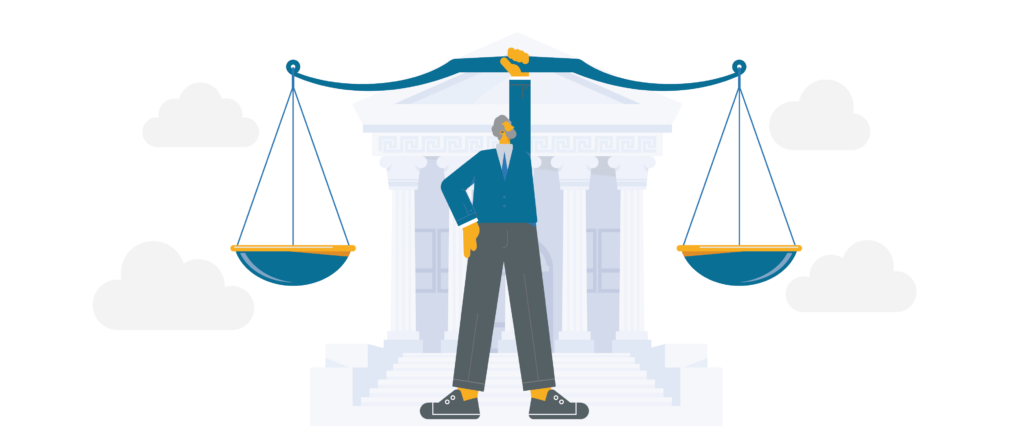Group Benefits Taxation: The difference between Non-Taxable and Taxable Benefits

Offering the right employee benefits can help employers attract and retain employees.
Navigating the complexities of benefits and taxes can be challenging, and Wellbytes here to guide you through the intricacies. Before deciding to offer a benefit to the workforce, however, it is important to understand the difference between taxable and nontaxable benefits. This article will find out the tax-related aspects and considerations for employees.
Good Benefits Plan Audit Principles

Employee benefit plans can be easily subjected to fraud or other forms of mismanagement and a good benefits plan audit can help employers minimize this risk while ensuring a sustainable benefit plan.
Eligible Expenses With a Personal Spending Account (PSA)

Personal Spending Accounts (PSA), also known as Wellness Spending Accounts (WSA), are recent additions to a benefits plan, focusing on well-being support for employees. Employers allocate a set amount of money to each employee to use on eligible services. PSA are a taxable benefit to the employee.
Effective Communication of Changes to Your Employee Benefits Coverage

Is it time for a refresh of your employee benefits plan? While sticking with the status quo might seem easier, sometimes change is necessary. Clear communication of any adjustments is crucial to ensure that your employee benefits are used effectively.
Comparing Traditional Insurance and HSA

Going by definition, traditional insurance is when an insurer provides benefit plans coverage to a specific group of people and the plan sponsor (employer) pays monthly premiums to the insurer to provide this coverage. On the other hand, a healthcare spending account (HSA) is a government-regulated allotment of funds that an employer provides to their employees for health-related expenses. The common purpose of the two benefits distribution types is that they offer employees protection against medical expenses. But they both have very distinctive differences such as:
Benefits to A Fully-Insured Group Insurance Solution

New products and trends have emerged in the insurance industry over decades, such as the increased flexibility of a Health Spending Account (HSA), but there has been one constant: traditional, fully-insured group insurance. Group insurance offers benefits coverage to a defined group of individuals, such as employees of a company, members of an association, or union members. This type of insurance safeguards against the financial risks associated with illness or death.
Association Health Plan Introduction and Its Benefits

An association is a group of businesses or companies that all provide the same type of services. These companies come together to form an association in order to protect and serve their mutual interests. Here’s a few examples of common industries and professions that might create associations
All Things You Need To Know About Third-Party Administrator (TPA)

A TPA is an organization that handles the operational and administrative duties of an employee benefits plan and is different from an insurer. They are experts in benefits administration and can work with Insurers to provide benefits coverage and more personal service. TPAs were created to fill a gap in the insurance marketplace where administration needs were growing more complex (specialized employee eligibility requirements, hour bank systems, etc.).
